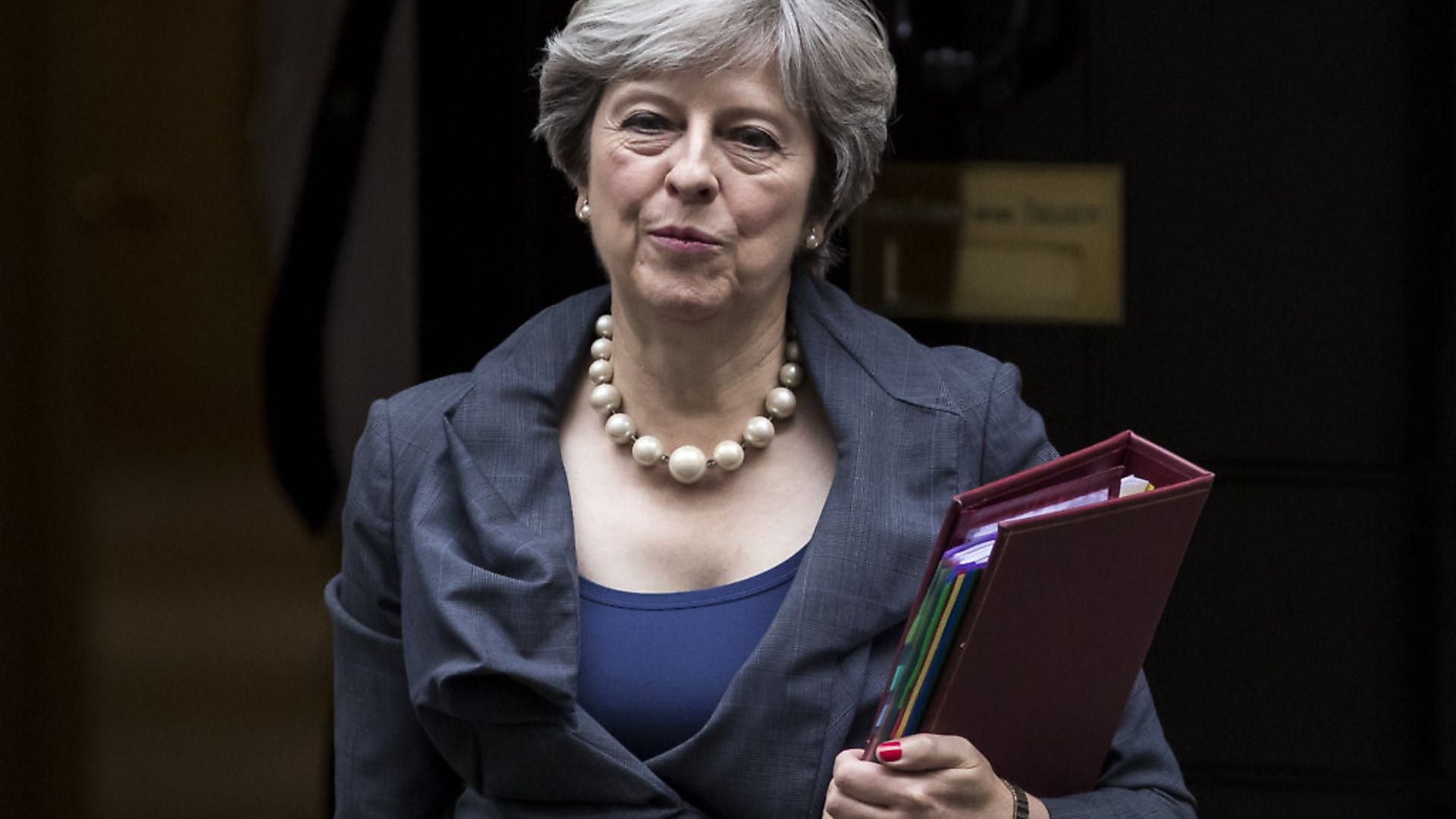
A 21-month extension on leaving the EU could be the decisive victory in the war of Brexit, says Andrew Adonis.
The struggle to defeat Brexit is turning into a political version of the Napoleonic Wars – protracted and diffuse, with months, even years, of indecisive engagements. But we may be approaching Waterloo.
First off next week is the ‘second meaningful vote’ – a re-run of what turned out to have been the ‘first meaningless vote’ by MPs to reject Theresa May’s deal seven weeks ago, a vote itself delayed from December 11.
Barring a miracle, May will lose this vote by a decisive margin, although by less than the majority of 230 votes of last time. After last week’s procedural wrangling between May and the House of Commons – another constant feature of the Brexit wars – two votes will then follow a day later: on whether parliament wants no-deal, and whether it asks the government to seek an extension of the Article 50 negotiating period so Britain does not anyway crash out of the EU in three weeks time on March 29.
No-deal will certainly be rejected. It is what happens with an Article 50 extension which is crucial. What matters is not so much the initial parliamentary vote next week, which will very likely be to support a government proposal for a ‘short’ extension of two or three months, but rather the negotiation which then takes place with the EU in the run-up to the European Council on March 21.
It is these UK-EU negotiations on an extension, in the very shadow of Brexit Day, that could herald Waterloo. Like the Duke of Wellington’s final encounter with Napoleon, it looks set to be ‘a damn close run thing’.
What will the EU do in response to May’s gambit for a two- or three-month extension? If the EU simply grants her request then it is battle deferred not battle resolved, since May will almost certainly try for a ‘third meaningful’ vote as the next Brexit cliff edge approaches in May or June. The same alternatives – a referendum or a further extension of Article 50 to avoid another imminent no-deal – would be in play, and yet a further Article 50 extension would soon be on everyone’s minds.
The more subtle, and game-changing, response by the EU would be to offer May a far longer extension than three months – and to do so in the form of a maximum period, not a set period. The most powerful response would be to make this a maximum of 21 months – right through to the end of 2020 – which leaves ample time to hold a referendum without any further extension of Article 50.
Macron and other EU leaders have started talking about a longer extension, but as a set period. This is unviable if May rejects it. And she would be likely to reject it, as it would make her ‘my deal or no-deal’ strategy untenable. The EU could not credibly seek to force the UK to stay in the union for longer than we wish to do so, so the upshot would be agreement on May’s short two/three month extension.
However, a maximum extension period, with it possible for the UK to leave at any point short of its termination, is a wholly different proposition. It doesn’t matter if May says she ‘definitely’ doesn’t want more than two or three months. The EU response would be: ‘Fine if you can agree the present deal by the end of June, but since we are not convinced on past form that you can do so, we are giving you a longer period too, without the need for any further crisis negotiation this year.’
It is profoundly in the EU’s interests to adopt such a course since the EU 27 – especially Ireland – need to avoid a catastrophic no-deal almost as much as the UK, more so in the case of Ireland given the border situation.
This ‘up to 21-month extension’ would be Waterloo – the decisive victory in the Brexit wars after years of inconclusive battles – since it makes it likely that the ultimate resolution would be for the UK to stay in the EU.
It would undermine any attempt by May to reimpose a ‘my deal or no-deal’ crisis on parliament. Something like the proposal from Labour backbenchers Peter Kyle and Phil Wilson, whereby parliament votes formally through the May deal but only with a referendum giving a Remain choice, becomes the face-saving formula all round.
What of the European parliament elections scheduled for late May? If Britain is still in the EU by the start of July then these would need to be held in the UK unless there is an EU treaty change. So the ‘up to 21-month’ solution needs to include an agreement by the EU to a short treaty protocol cancelling EU elections for any country engaged in Article 50 negotiations. Since the EU has as little interest as Britain in holding EU elections here while we are in limbo, this should be do-able.
To achieve all this requires strong strategic EU leadership. Varadkar, Macron, Tusk, Merkel – all have a vital interest in the smooth demise of Brexit. Between them they can sort this.








